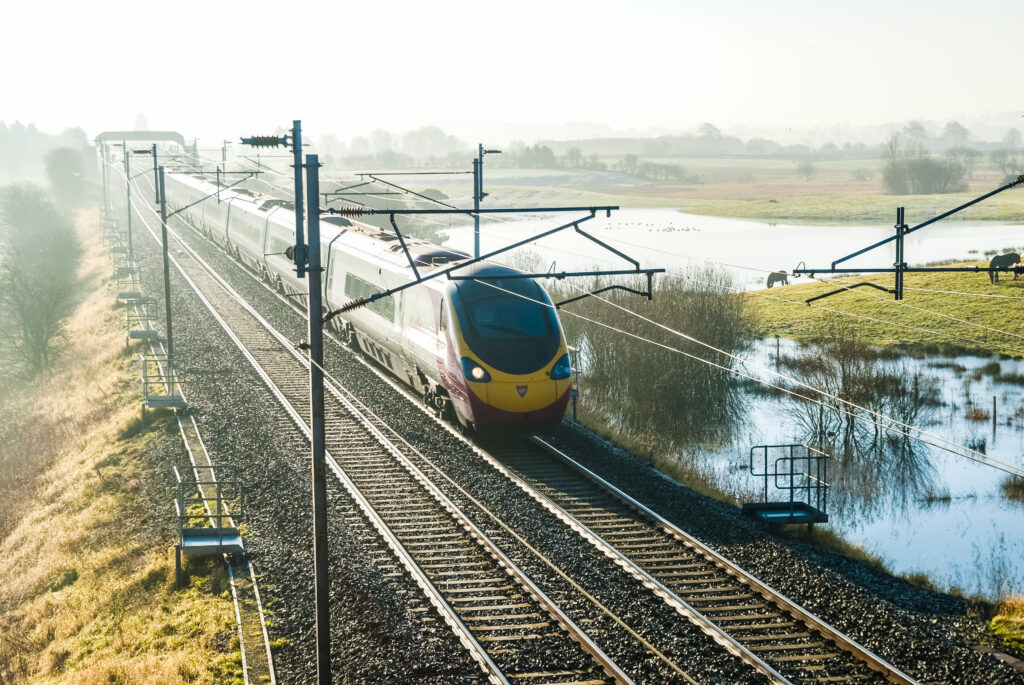In fact, statistics published by British disability charity Motability, reveals that even before Covid-19, nearly one in three disabled people said they simply didn’t make some journeys due to issues with public transport, that 40% of disabled people often experience difficulties when travelling by train, and that disabled people are 4 to 5 times more likely to be injured than non-disabled people. Interestingly, a whopping 40% of people in this study also reported they would use public transport more often if it were easier to obtain travel information. This would imply that there is not only a shocking disregard for disabled people but that the demand for these services remains regardless. Although morally, providing access to disabled people should be a given, there is clearly capital to be gained from catering to a significant proportion of individuals.
One must look at the Purple Pound’s studies to learn that 1 in 5 UK consumers have a disability and that businesses lose £2 billion a month by ignoring the needs of disabled consumers. That equates to roughly 14 million people who represent a significant customer base for rail operators alone. And yet, despite the spending power of these communities, train stations, information booths, and the vehicles themselves are still falling short, both at meeting mobility and sensory needs.
And it’s a very serious matter. It means that people with sickle cell disease and hypermobility are unable to make it to their hospital appointments, that immunosuppressed people are more at risk because of low sanitation standards, that DeafBlind people who have no faith in the reliability of these systems don’t even bother trying. These are all genuine scenarios, and testimony to each of these is available in Motability’s study. Another risk to disabled people’s rights is the Government’s Net Zero strategy. When revitalising our public transport to electric systems, operators must make efforts to correct the wrongs of a more ignorant past and ensure that greener changes also account for the needs of disabled people.
To drive the change, it is crucial to build a further understanding of disabled peoples’ lived experience of transport, highlight systemic issues, and identify opportunities to better serve the inclusive transport market. This presents an opportunity to transform the lives of disabled people, closing the transport accessibility gap and unlocking significant socio-economic value.
Direct Access has contributed towards this change in the transport sector through a multitude of efforts and will continue to do so as long as we are invited. Our team was responsible for introducing the first-ever Quiet Rooms on Avanti Virgin trains, and we have audited every TransPennine Express station for accessibility. We also worked with Transport for London to ensure accessible services ran for the London 2012 Games.
So, is disability access an afterthought for rail operators? Well, some operators have started recognising the issues, but not enough. Sustainable changes must be seen across the transport sector, not just rail. And that will take even longer. But it’s important that transport, academia, and policymakers take responsibility and lead the orchestration and governing of the change Direct Access wants and that all disabled people deserve.
If you own a facility or are part of an organisation that wishes to meet best practice obligations under the Equality Act, why not get in touch with us today? Our Consultancy team will ensure that you take the steps to not only do the right thing with your budget but also open the door to the social and financial benefits that come only because of creating an accessible and inclusive environment for disabled people.




